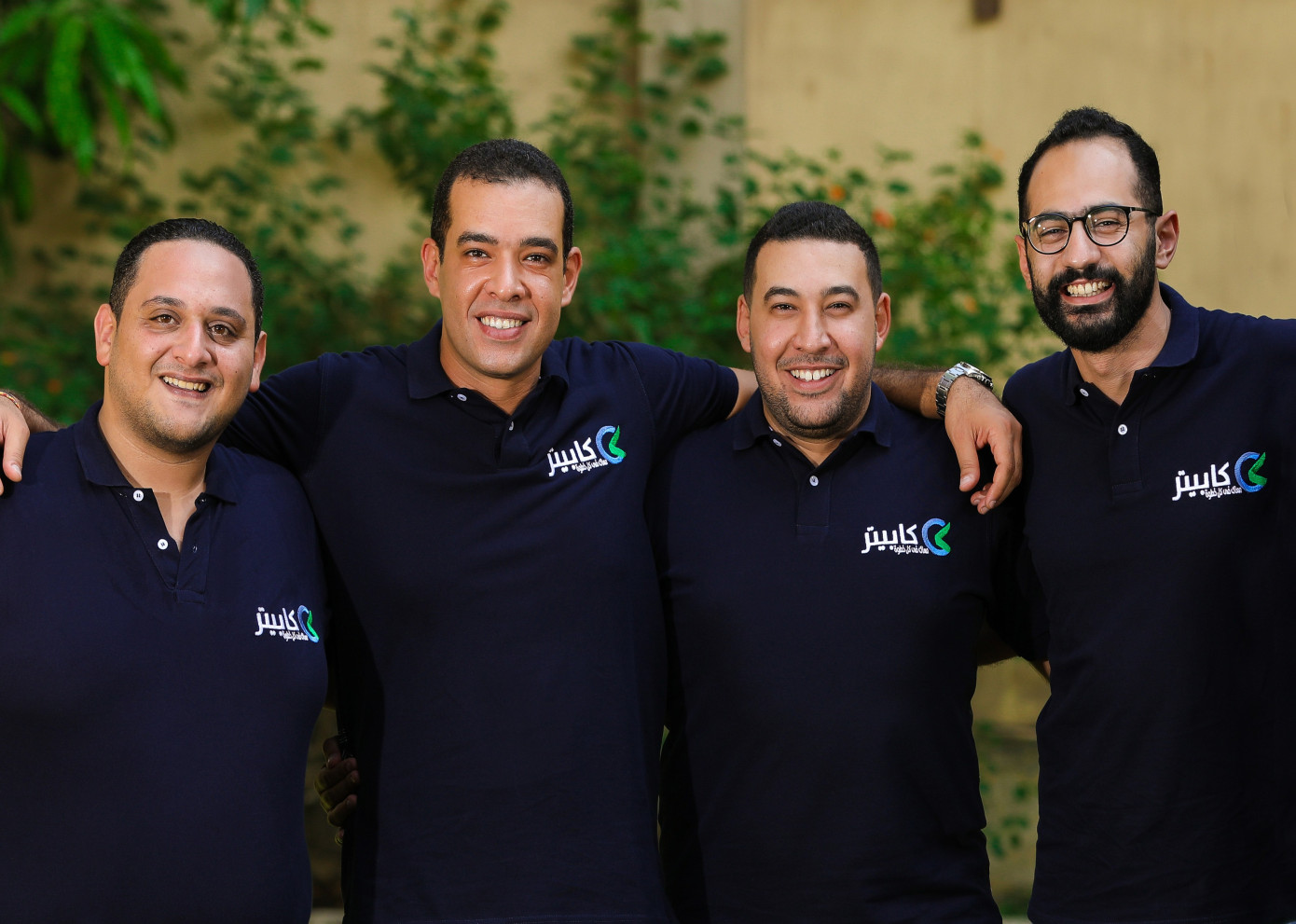Last September, Egyptian startup Capiter raised $33 million in Series A financing to contend in the nation’s developing B2B online business and retail space. A year later, the startup laid off a few employees, and its CEO and COO were relieved of their duties due to alleged asset mismanagement.
Between June and July, a few previous employees of Egyptian startups, including Capiter, composed posts about layoffs at their companies, even though their employers never addressed these issues openly. Different organisations accused of this include Opay Egypt, Alemens, Expandkart, and Brimore.
Close sources said that Capiter had laid off no less than 100 representatives in those two months. Others described poorly managed and unstructured working environments and found it hard to attract customers while at the same time winding up as a result of bankruptcy. According to the source, the company had only one month of runway until August.
Read also: Pressure Mounts on Risevest’s CEO Following Claims of Sexual Misconduct
This has led Capiter investors to search for possible buyers to absorb the organization through mergers or acquisitions. This information was additionally supported in an email leaked, where the Board of Capitols stated that Mahmoud Nouh and Ahmed Noah had left Egypt with their ongoing locations obscured and said that authorities had reached delegates of the board. Moreover, investors should reach a reasonable level of investment for a potential merger this week. Here is an extract from that email:
With immediate effect, the board of directors of the parent holding company of Cairo-based B2B e-commerce startup Capitor Egypt LLC approved a proposal to remove Mahmood and Ahmed Noah from the positions of CEO and COO. The board is also looking into Mahmood Nouh and Ahmed Noah because they are accused of stealing money from the company, breaking their fiduciary duties, and possibly committing fraud. Mahmud and Ahmad Noah have left Egypt, and their current location is unknown. The action was taken after board members, and shareholders who were doing due diligence on a site for a possible merger found that funds had been stolen while interviewing team members in Cairo.
Before Capiter, Mahmoud was a co-owner and COO of SWVL, an Egyptian-conceived and Dubai-based ride-hailing organization (the organization, which opened up to the world last year through the SPAC bargain, terminated 32% of its labour force this May). Alongside his sibling Ahmed, he launched Capiter in 2020 as an FMCG platform that permits little and medium-sized retailers to arrange stock, organise conveyances, and access financing to pay for merchandise. Some of its competitors are Maxaby and Cartona for Egypt; and Vasco, Tradedepot, and Chari in Africa.
More from Capiter
Last September, when the founders spoke in an interview, Capiter had 50,000 traders and 1,000 dealers with more than 6,000 SKUs on its platforms. In interviews, he said Capiter was on target to arrive at a yearly income of $1 billion this year. Also, like other new businesses in Africa and around the world, Capiter has been hiring hard over the past year to reach its goals.
Even so, 2022 has taken a strange turn for most tech startups, who now have to deal with the risk of rising loan fees and other factors that affect funding. Cutbacks, level rounds, and reductions from new companies in various fields that have raised a large sum of money in the last 18-24 months, such as Wave, 18-24 Cuda, and Marketforce—are exceedingly braggadocious.
Asset-light or inventory-heavy B2B e-commerce platforms are available. The last option requires more from what they felt was mismanagement by Noah “– was determined to stabilise the company’s ship.” The company’s Chief Financial Officer Majid El Ghazouli will serve as interim CEO “as the rest of the leadership works to stabilise the situation and continue talks with potential acquirers who may be interested in the Capitor asset.” Mahmood did not respond to comment.
The Board of Directors has since designated Maged Al-Ghazouli, Capiter’s CFO, to act as interim CEO until Mahmoud and Ahmed Noah show up before the board, investors, and investors to address worries from representatives, providers, lenders, and different partners, and to proceed with other pending discussions.
